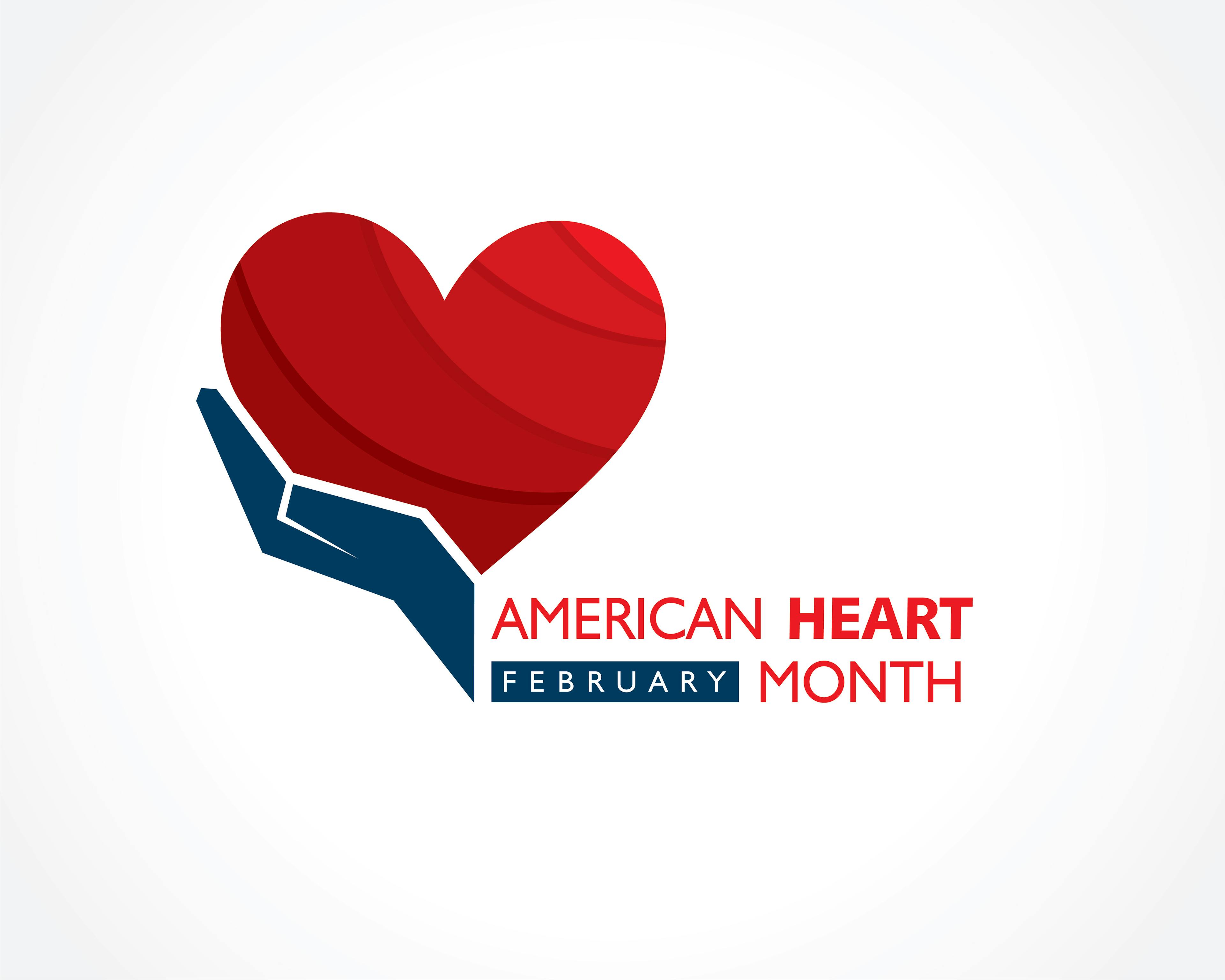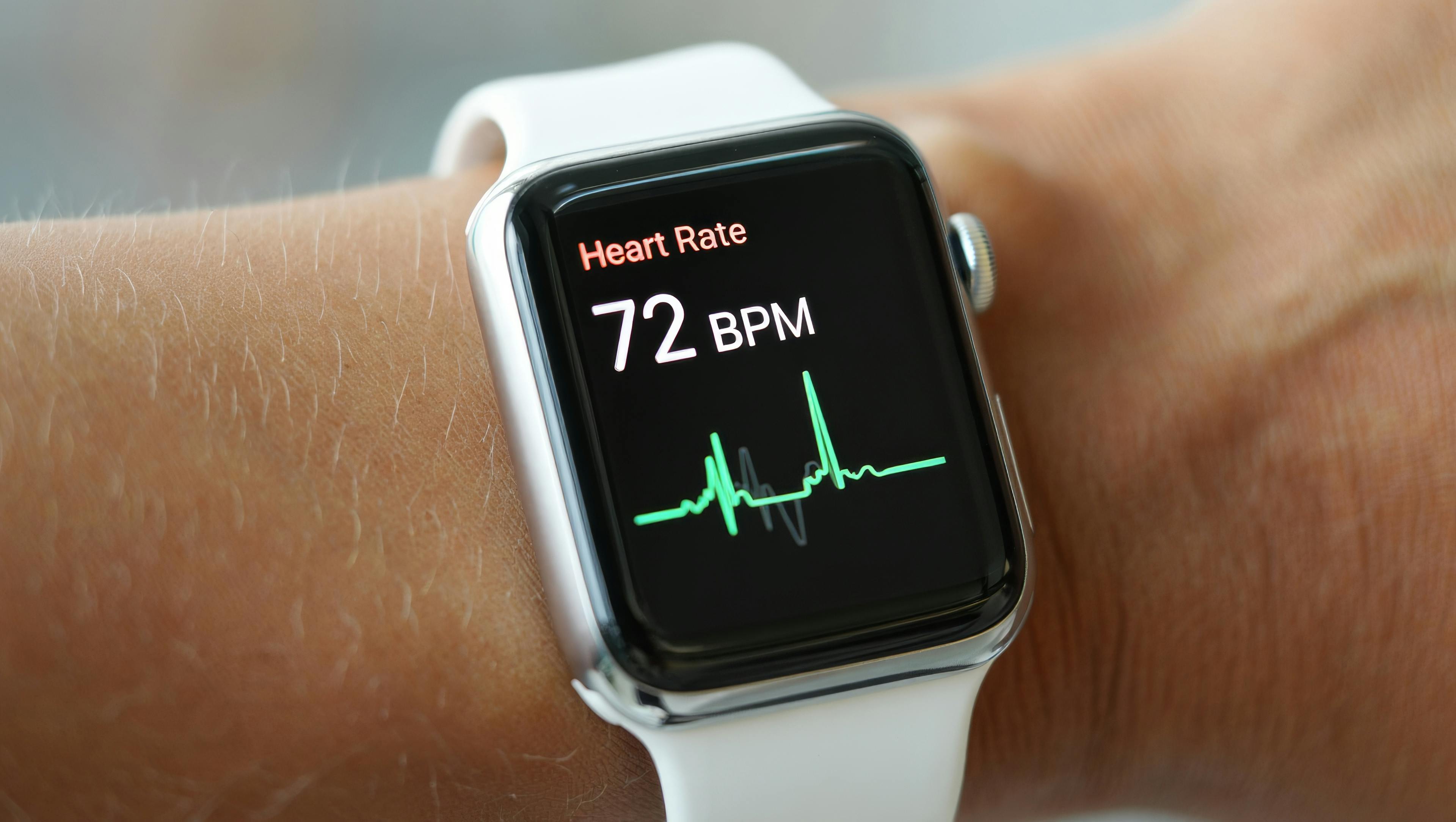What Is Heart Disease and Why Prevention Matters
Heart disease is the leading cause of death in the United States. One in five deaths are due to heart disease, even though the disease is largely preventable.
Keeping your heart healthy starts with living a heart-healthy lifestyle. But first, you need to get smart about your heart. Knowing what causes heart disease, what puts you at risk for it, and how you can reduce those risks can help you make informed decisions to protect your heart and keep it strong.
Take the Heart Health Quiz
Whether you’ve been told your blood pressure is borderline or you just want to improve your lifestyle, this quiz will help you better understand the basics of heart health.
True or False: Answer the question, then click the dropdown to see if you're right.
True. Hypertension, also known as high blood pressure, develops when blood flows through your arteries at higher-than-normal pressures. Healthy blood pressure is less than 120/80 mm Hg.
True. Body Mass Index, or BMI, is one measurement used to show if your weight is in the healthy range for your height. BMI measures body fat based on height and weight. Your BMI will fall into one of the four categories — underweight, healthy weight, overweight, or obese. If you are overweight or obese, weight loss can reduce your risk of heart disease.
True. Cholesterol is a waxy, fat-like substance in your cells. Our bodies generally get all the cholesterol needed for good health. Cholesterol helps make hormones, vitamin D, and substances to help you digest foods. However, when cholesterol levels become too high, fatty deposits can build up in your blood vessels, which increases the risk of heart disease, stroke, and other serious health problems.
True. A nutritious diet is important to heart health. Here are four healthy eating tips for a heart healthy, well-balanced diet:
- Eat vegetables, fruits, and whole grains
- Include fat-free or low-fat dairy products, fish, poultry, beans, nuts, and vegetable oils
- Limit foods that are high in saturated fat, such as fatty meats, full-fat dairy products, and tropical oils such as coconut, palm kernel, and palm oils
- Limit sugar-sweetened beverages and sweets
True. Getting enough quality sleep is important to heart health. There are four key sleep factors that are crucial to protect your heart health day and night:
- Good, quality, uninterrupted sleep
- 7-9 hours of sleep each night for adults
- Regular bedtime and wake-up time everyday
- Exposure to sunlight during the day
True. Taking small steps, like getting more physical activity, can reduce your risk for heart disease. Whether it’s from getting your steps in, doing yoga, or strength training exercises, adults should aim to reach at least 150 minutes of exercise every week to keep our hearts healthy.
Know Your Numbers: Key Heart Health Metrics
Knowing your personal health metrics is a powerful tool for prevention. Talk to your healthcare provider about your:
- Weight and waist size
- Blood pressure
- Cholesterol levels
- Blood sugar (glucose)
If any of these are out of range, take steps to improve them through lifestyle changes and medical support.
Start Building Better Heart Habits Today
Even small changes make a big difference. Improve your heart health by:
- Moving more each day
- Following a heart-healthy diet
- Managing stress
- Getting enough quality sleep
- Avoiding tobacco products
Learn more about heart disease prevention from The Heart Truth® and download the Heart Smart Basics fact sheet to improve your knowledge about heart health.
Take the Next Step Toward a Healthier Heart
Understanding your risk is the first step—acting is the next. If you’re unsure about your blood pressure, cholesterol, or heart health, talk to your doctor. Our primary care doctors and cardiologists can help you assess your numbers and create a plan to protect your heart in the long run.





